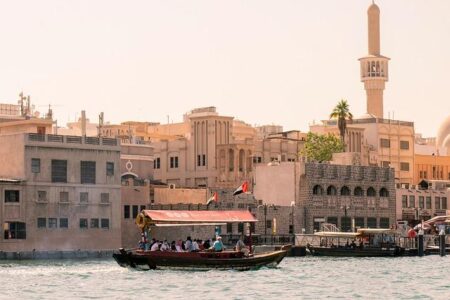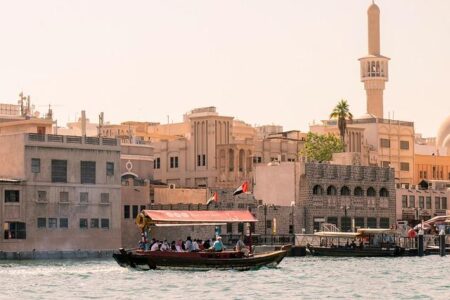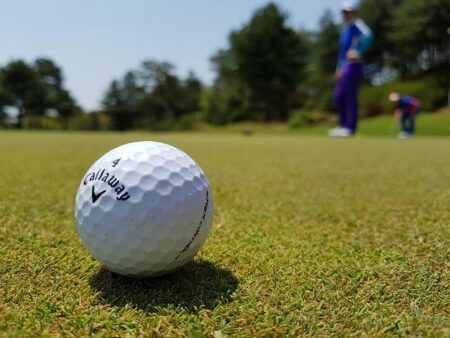In an exclusive interview with Gulf Business, Maria Grandinetti-Milton, spokesperson for the European Tour, discussed the organization’s ambitious initiatives to make golf more environmentally sustainable. As climate concerns intensify globally, the European Tour is pioneering efforts to reduce its carbon footprint, promote eco-friendly practices across courses, and engage players and fans in the green movement. Grandinetti-Milton outlined how these steps are reshaping the future of professional golf, positioning the sport as a leader in environmental responsibility.
European Tour’s Maria Grandinetti Milton Discusses Sustainable Practices Transforming Golf Courses
Maria Grandinetti-Milton, a prominent figure on the European Tour, has been at the forefront of integrating environmentally responsible measures into golf course management. Highlighting the evolving priorities within the sport, she emphasizes the adoption of sustainable irrigation systems, organic turf management, and biodiversity enhancement as core strategies revolutionizing golf courses across Europe. These practices not only conserve water and reduce chemical usage but also create healthier ecosystems that benefit both players and local wildlife.
Grandinetti-Milton further detailed several innovative initiatives currently gaining momentum among golf course operators:
- Use of drought-resistant grass varieties to minimize water consumption
- Installation of solar panels to power clubhouse facilities
- Creation of naturalized buffer zones to protect waterways from runoff
- Implementation of electric maintenance equipment to cut carbon emissions
| Sustainability Aspect | Impact |
|---|---|
| Water Conservation | Up to 40% reduction in water use |
| Chemical Reduction | Decreased pesticide and fertilizer applications by 30% |
| Energy Efficiency | Renewable installations powering 25% of energy needs |
Expert Insights on Implementing Eco-Friendly Technologies to Reduce Golf’s Environmental Impact
Maria Grandinetti-Milton emphasizes the urgent need for innovative eco-friendly technologies within the golf industry, noting that the traditional maintenance and operations often lead to excessive water usage and chemical runoff. By integrating smart irrigation systems and adopting organic turf management practices, golf courses across Europe are significantly reducing their environmental footprints. These cutting-edge solutions not only conserve precious water resources but also promote healthier soil biodiversity, essential for sustaining course quality without compromising nature.
- Automated Irrigation: Sensors monitor soil moisture to optimize watering cycles.
- Solar-Powered Equipment: Golf carts and maintenance tools powered by renewable energy.
- Native Plant Landscaping: Requires less water and supports local ecosystems.
- Waste Reduction Initiatives: Composting organic waste and recycling turf clippings.
| Technology | Environmental Impact | Implementation Cost |
|---|---|---|
| Smart Irrigation | Water use decreased by up to 30% | Medium |
| Solar Golf Carts | Zero carbon emissions | High |
| Organic Turf Care | Reduced chemical runoff | Low to Medium |
The Way Forward
As the European Tour continues to prioritize sustainability, insights from Maria Grandinetti-Milton highlight the growing momentum behind golf’s green revolution. With innovative practices and a steadfast commitment to environmental responsibility, the sport is redefining its future – proving that tradition and eco-consciousness can drive forward hand in hand. Golf’s journey towards sustainability is not just a trend but an enduring shift, setting a benchmark for sports worldwide.








